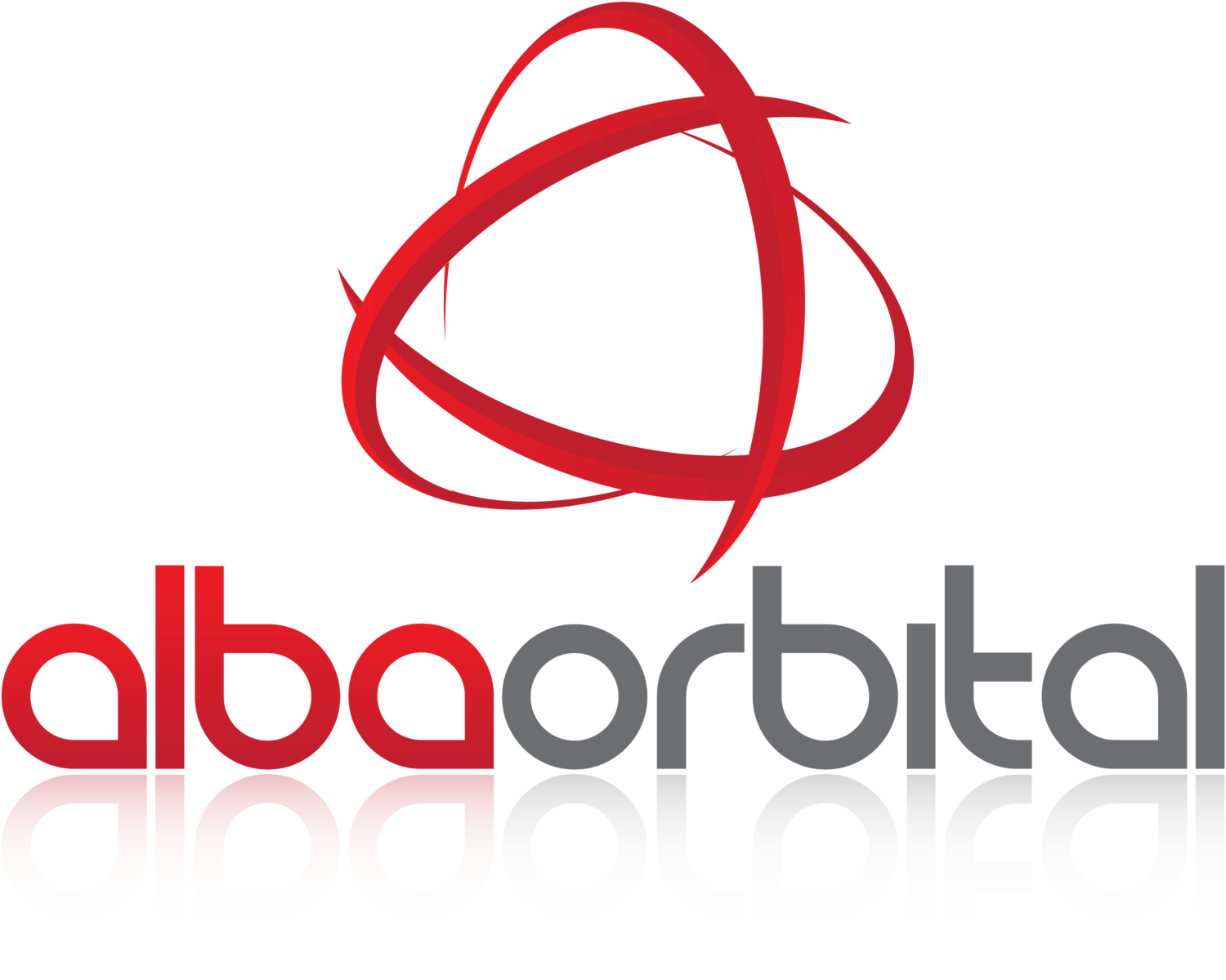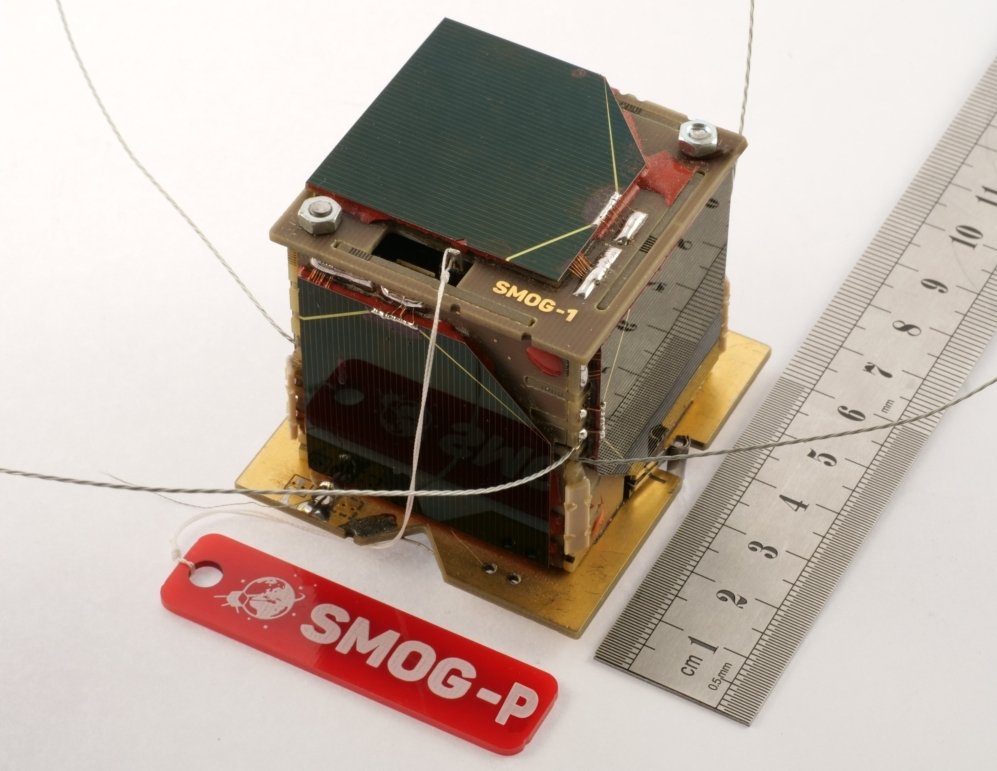BME University to launch satellite to monitor electro-smog pollution with Alba Orbital in Q2 2023
BME SELECTS ALBA ORBITAL AS TRUSTED MISSION PARTNER TO LAUNCH PICO-SATELLITE FOLLOWING SUCCESSFUL IN-ORBIT DEPLOYMENT OF HUNGARY’S FIRST POCKETQUBE ON ALBA CLUSTER 2 FLIGHT
Alba Orbital, the PocketQube satellite pioneers, today announced it has signed another rideshare agreement with the Radio Club (MRC) of the Technical University of Budapest (BME), Hungary’s oldest radio club founded in 1924, to deploy a pico-satellite dedicated to monitoring ‘electrosmog pollution’ on-orbit in Q2 2023.
Named in honour of the university’s radio club (Műegyetemi Rádió Club) 100th annivesary in 2024, the MRC-100 satellite is manifested to fly on board Alba Orbital’s ‘Cluster 7’ PocketQube rideshare mission, launching via SpaceX’s Falcon 9 in Q2 2023. MRC-100 will be deployed in a Low Earth Orbit (LEO) using Alba Orbital’s flight-proven AlbaPod deployer, which successfully achieved space heritage on Rocket Lab’s 2019 ‘Running out of fingers’ mission and more recently, SpaceX’s ‘Transporter-3’ launch in January 2022.
MRC-100 is a novel 3p PocketQube platform, and is the latest iteration of BME’s spectrum monitoring ‘SMOG’ pico-satellites, developed as part of an academic programme by BME students and lecturers. A continuation of the SMOG-P and SMOG-1 missions, MRC-100’s primary mission is dedicated to the measurement of electromagnetic pollution generated by human activity in space around the earth - this radiation is also known as ‘electrosmog’ from which the satellite’s namesake originated.
After the success of the 1U Cubesat MASAT-1, Hungary’s very first satellite, BME decided to go further and challenged themselves to develop an even smaller satellite platform. This led to the development of SMOG-P, a tiny 5x5x5cm satellite that was deployed in-orbit alongside five other pico-satellites on board Alba Orbital’s ‘cluster 2’ mission, that flew on Rocket Lab’s Electron launch vehicle on 6th December 2019.
SMOG-P (‘P’ standing for precursor) accomplished its mission in September 2020, creating the world’s first interactive map of electrosmog pollution across the globe. SMOG-P served as a preliminary test to the MRC-100 mission launching on the upcoming Alba Cluster 7 mission in Q2 2023. MRC-100 will be able to monitor a much wider spectrum range than SMOG-P and SMOG-1, measuring electrosmog pollution not only on broadcasting bands, but also on HAM, ISM and WiFi bands. The spectrum monitoring data collected by SMOG-2, will help provide more information for BME’s global electrosmog pollution map.
“We’re thrilled to be working with BME again on another PocketQube rideshare mission”, said Tom Walkinshaw, CEO and Founder of Alba Orbital. ‘‘Dr Gschwindt and his team were a pleasure to work with on our first flight, where we successfully delivered their pico-satellites, ATL-1 and SMOG-P, to orbit. Both PocketQubes executed flawless missions and serve as an excellent case study of the capabilities of PocketQube technologies”.
SMOG-P’s lead engineer said “Alba Orbital helped us to get our small PocketQube satellites SMOG-P and ATL-1 into orbit in December 2019... Our satellite developer team are grateful to the communicative and cooperative young team of Alba for contributing to our success”
Following the successful launch of SMOG-P in 2019 with Alba Orbital, the Budapest University of Technology and Economics have since developed the first space engineering MSc programme in Hungary. As demonstrated by BME’s in-space activities, PocketQubes can serve as an effective and low cost space educational tool, as students grasp skills and knowledge on the construction, design and operation processes of spacecraft, as well as service instruments and facilities.
If you are thinking of sending your own payload to orbit or starting your own space education mission, get in touch with Alba Orbital’s launch team at contact@albaorbital.com 🚀
ABOUT ALBA ORBITAL
Alba Orbital (UK, USA, Germany) is the world’s leading PocketQube satellite manufacturer and launch broker. Alba is a vertically integrated NewSpace company ‘democratising access to space’, providing turnkey solutions from advanced pico-satellite platforms, low-cost launch opportunities, and ground station services. Alba has worked with over 30 customers across three continents, including prestigious clients such as Stanford University, Carnegie Mellon University and TU Delft.
For more information visit www.albaorbital.com or get in touch at contact@albaorbital.com.
ABOUT BUDAPEST UNIVERSITY OF TECHNOLOGY & ECONOMICS (BME)
The Budapest University of Technology and Economics, official abbreviation BME, is the most significant University of Technology in Hungary and is considered the world's oldest Institute of Technology which has university rank and structure. It was the first institute in Europe to train engineers at university level.
Press: BME VIK, Ms. Györgyi Dallos, PR manager, dallos.gyorgyi@vik.bme.hu



